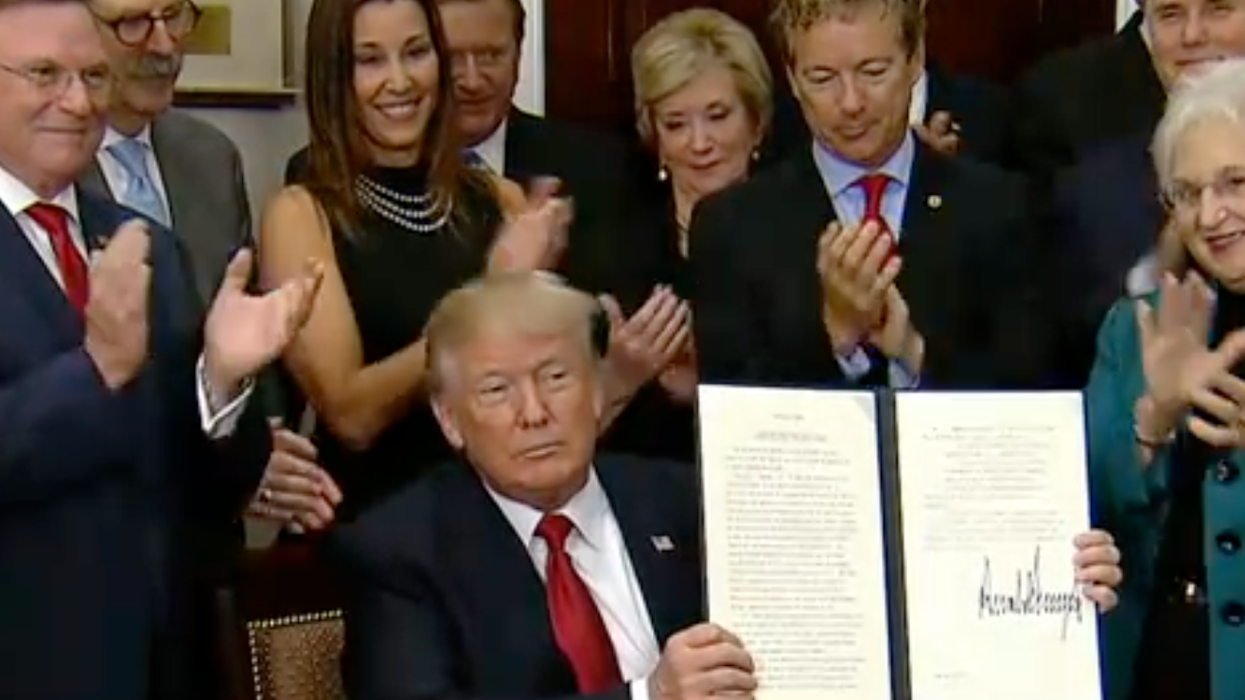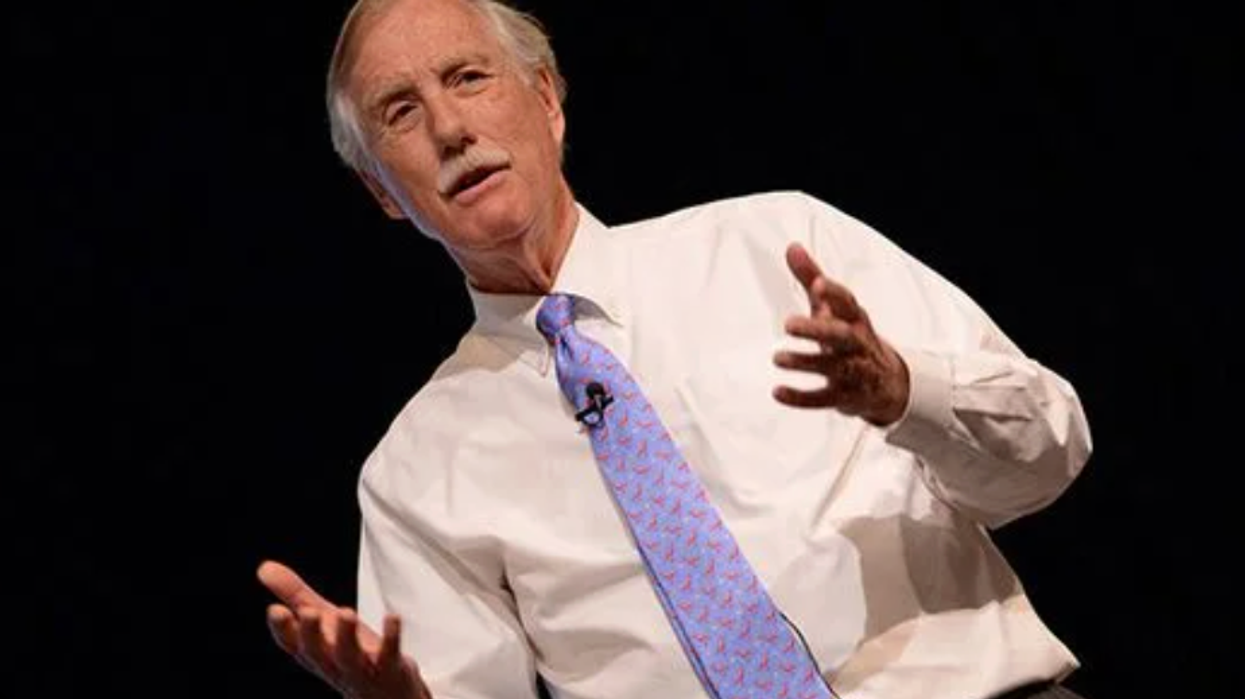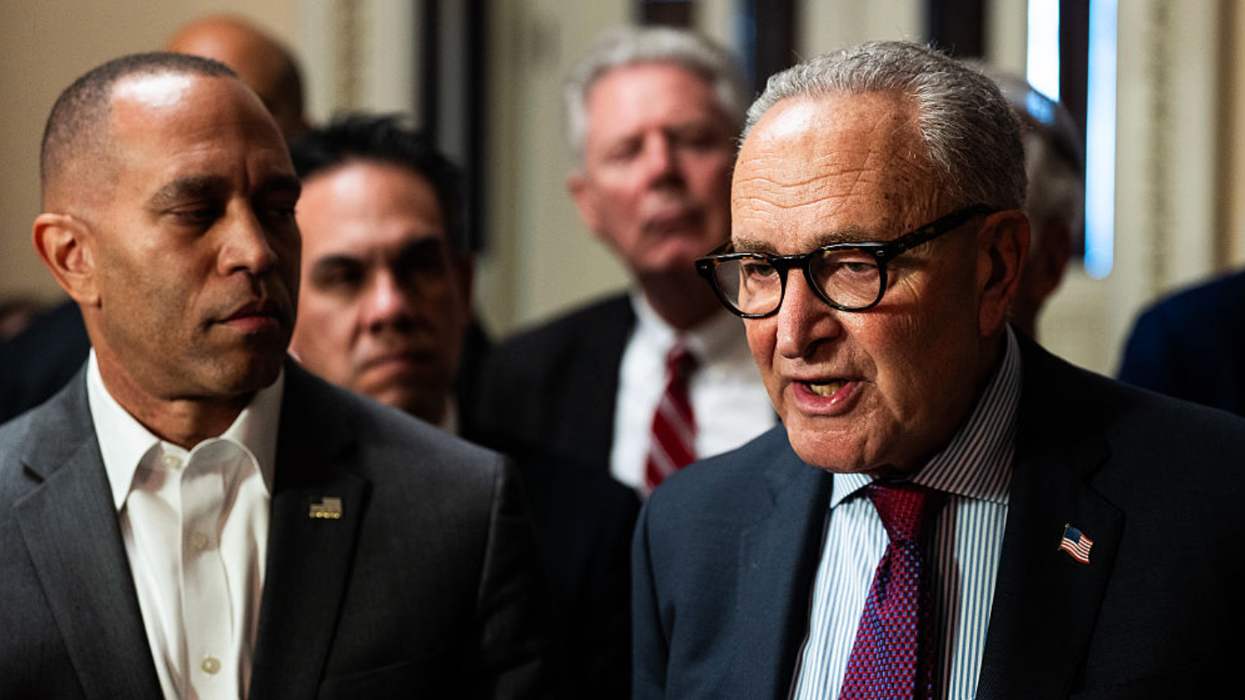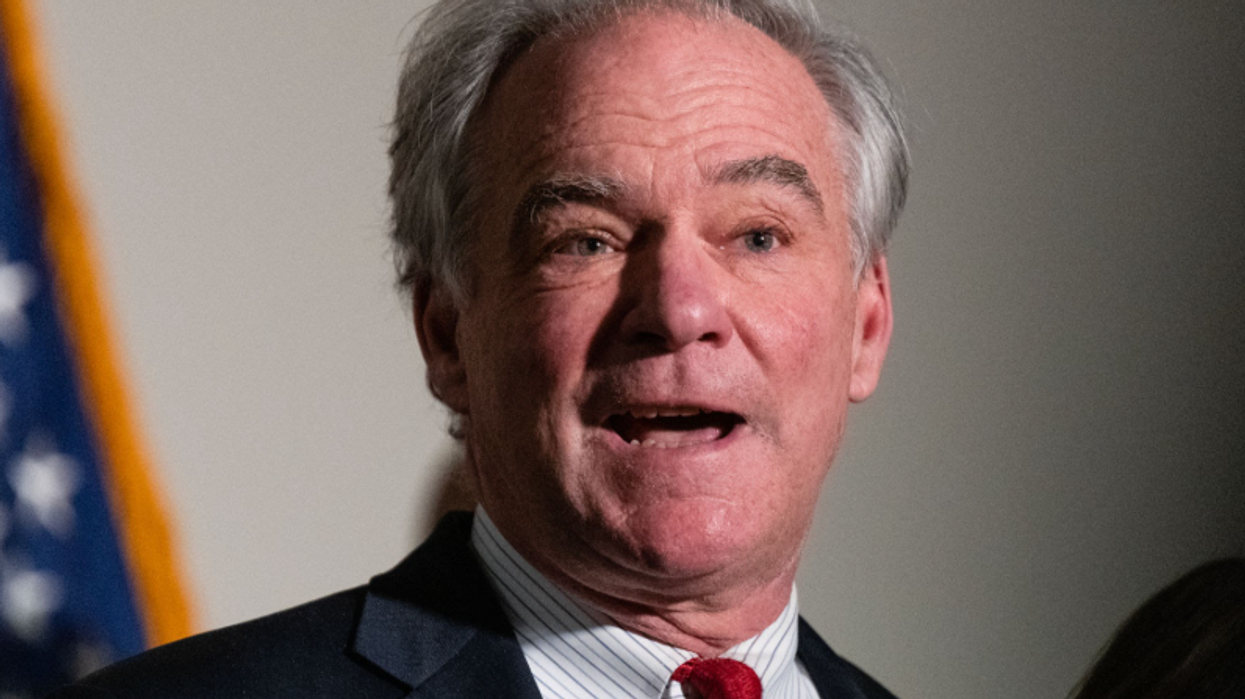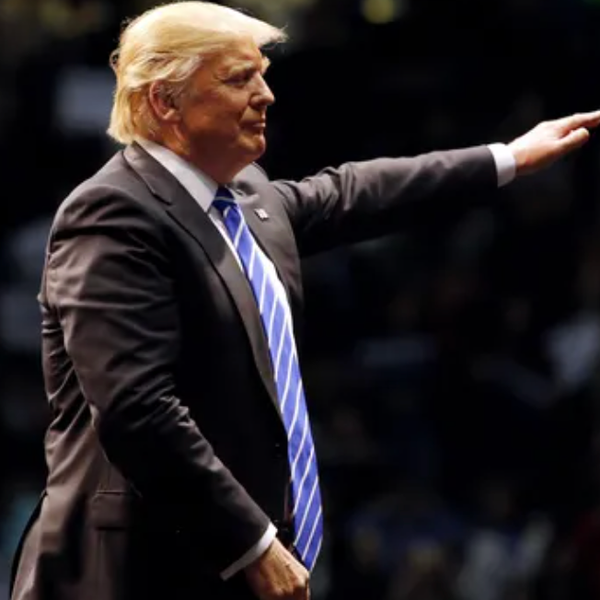Fearing Midterm Ruin, Trump Blinks On Obamacare --Yet Still Aims To Gut Program
Plus ça change, plus c’est la même chose.
President Trump’s health plan, promised by Thanksgiving, was leaked to the press over the weekend. With the frosty reception immediately given this trial balloon by Republicans on Capitol Hill, I doubt it will see the light of day before people gather for their holiday dinners with family and friends.
The leaked plan’s outline went something like this:
- It offered a two-year extension for the expanded premium subsidies, which Democrats demanded be restored in full during the six-week government shutdown
- It establishes a minimum monthly payment of $5 for any plan, no matter how poor you are.
- It would raise premiums for millions of low-income plan purchasers by turning the current cost-sharing formula, which currently lowers premiums, into a reimbursable expense, which will raise premiums.
- It will establish a new subsidy cliff (when all subsidies stop) at 700 percent of poverty income (about $110,000 for a single adult in 2025).
- It will allow beneficiaries to shift their tax credits into a health savings account, but only if they buy a bronze or high-deductible plan.
Other press accounts suggested the Trump proposal would also make short-term, limited benefit plans a permanent option on the Obamacare exchanges, and turn their allowable duration (just three months under a Biden administration rule) into years. Trump also wants to ban any government-subsidized plan from providing gender-affirming care or providing care for undocumented immigrants.
If you want more insight into this plan, you can turn to Charles Gaba’s substack or Andrew Sprung’s XPostFactoid. No one knows more about how the exchanges work (or don’t) than those two.
The politics
The only thing new in this plan is its direct relevance to the next two spins of the political cycle. Limiting the subsidy extension to two years gets the Republicans beyond the mid-terms, where they are staring at the possibility of a major shellacking.
Also, if passed, it would guarantee another fight over “failing Obamacare” during the next presidential election. That slogan will ring true to millions of people if the other elements of the plan are enacted, since they will go a long way toward turning a relatively successful program into a failing one.
There’s no need for me to go on at great length about why these rehashed GOP talking points should be non-starters for anyone who cares about health care, or has empathy for the least well-off among us. In short:
- Any co-premium paid out-of-pocket for the very poor — even $5 — will dissuade hundreds of thousands of not millions from purchasing plans.
- Turning cost-sharing into a reimbursable expense for the sick will also raise premiums.
- The new subsidy cliff for the better-off people will incentivized hundreds of thousands if not millions of younger, healthier workers to drop coverage. This raises the average cost of the sicker, poorer patients still in the risk pool, which in turn raises premiums, which in turn discourages even more people from purchasing plans.
- And, if those younger, healthier workers still want insurance, they will be offered the opportunity to buy those longer-duration, limited benefit plans, which will leave them with huge bills should they actually need to use their insurance. Again, more healthier people out of the risk pool; higher premiums for everyone in the risk pool.
Can you see a pattern? Raise premiums (for 2026), raise premiums (for 2027), and raise premiums (for 2028). Give young, healthy people an out (who cares about those who get sick and can’t afford their high deductibles). Then, let’s have an election where the GOP can point to the “obvious” failures of Obamacare.
As for preventing transgender people and undocumented immigrants from receiving care (whoops, the undocumented are already ineligible), that’s just cruel. It’s especially cruel to the more than half million people brought here as children by undocumented parents, most of whom are now hard-working, taxpaying adults.
Trump has already denied them coverage, reversing an earlier rule. This would make it permanent.
Merrill Goozner, the former editor of Modern Healthcare, writes about health care and politics at GoozNews.substack.com, where this column first appeared. Please consider subscribing to support his work.
Reprinted with permission from Gooz News

